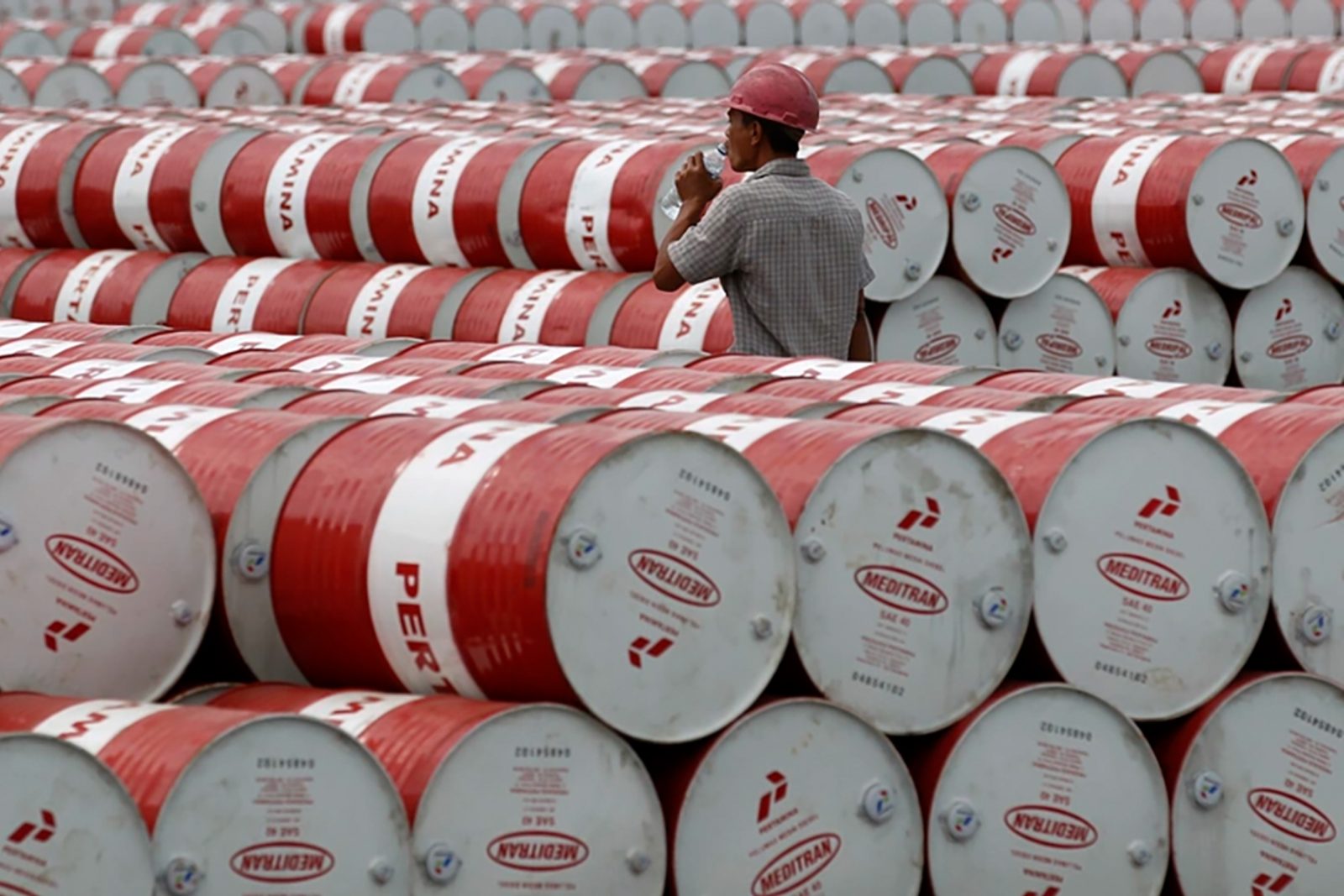All three major indexes have their worst day since June 24 as stocks decline and Fed concerns grow.


All three major indexes have their worst day since June 24 as stocks decline and Fed concerns grow.
U.S. stocks ended the week on a downbeat note, with concerns about a potential Federal Reserve interest rate hike in September weighing on investor sentiment. Key Fed officials’ comments had sparked these worries. “The Fed is clearly on a choreographed path; it wants to raise rates this year,” said Art Hogan, chief market strategist at Wunderlich Securities. “What the market is trying to re-calibrate is whether that means September or December.” The Dow Jones Industrial Average plummeted nearly 400 points, led by losses in 3M and Boeing. It marked the biggest single-day fall since June 24 and the worst week since January. The S&P 500 fell by 2.45 percent, with telecommunications and utilities taking the biggest hit. The index posted its largest one-day fall since June 24. The Nasdaq composite dropped about 135 points, or 2.54 percent, with the iShares Nasdaq Biotechnology ETF and Apple contributing to the decline. The Nasdaq also experienced its worst day since June 24.
Investors were closely watching Federal Reserve officials’ comments and economic data for hints about a rate hike. Market expectations for a rate increase this month rose to 24 percent on Friday, up from 18 percent the day before. While U.S. stocks remained in a tight range, analysts believed that market volatility could increase this month. The CBOE Volatility Index (VIX), a gauge of market fear, traded more than 30 percent higher. Concerns also arose over North Korea’s nuclear bomb test, adding to market uncertainty. Oil prices saw volatility, with U.S. crude settling 3.65 percent lower after a significant surge the previous day. Despite this drop, WTI posted a weekly gain of more than 3 percent. U.S. Treasurys fell broadly, and the U.S. dollar rose against a basket of currencies. In Europe, equities declined, while Asian stocks closed mostly lower after North Korea conducted its nuclear test. The Dow Jones Industrial Average dropped 394.46 points to close at 18,085.45, the S&P 500 fell 53.49 points to end at 2,127.81, and the Nasdaq closed 133.57 points lower at 5,125.91. High-frequency trading accounted for 49 percent of August’s daily trading volume, according to TABB Group.
Get back to Seikum News 🤓




